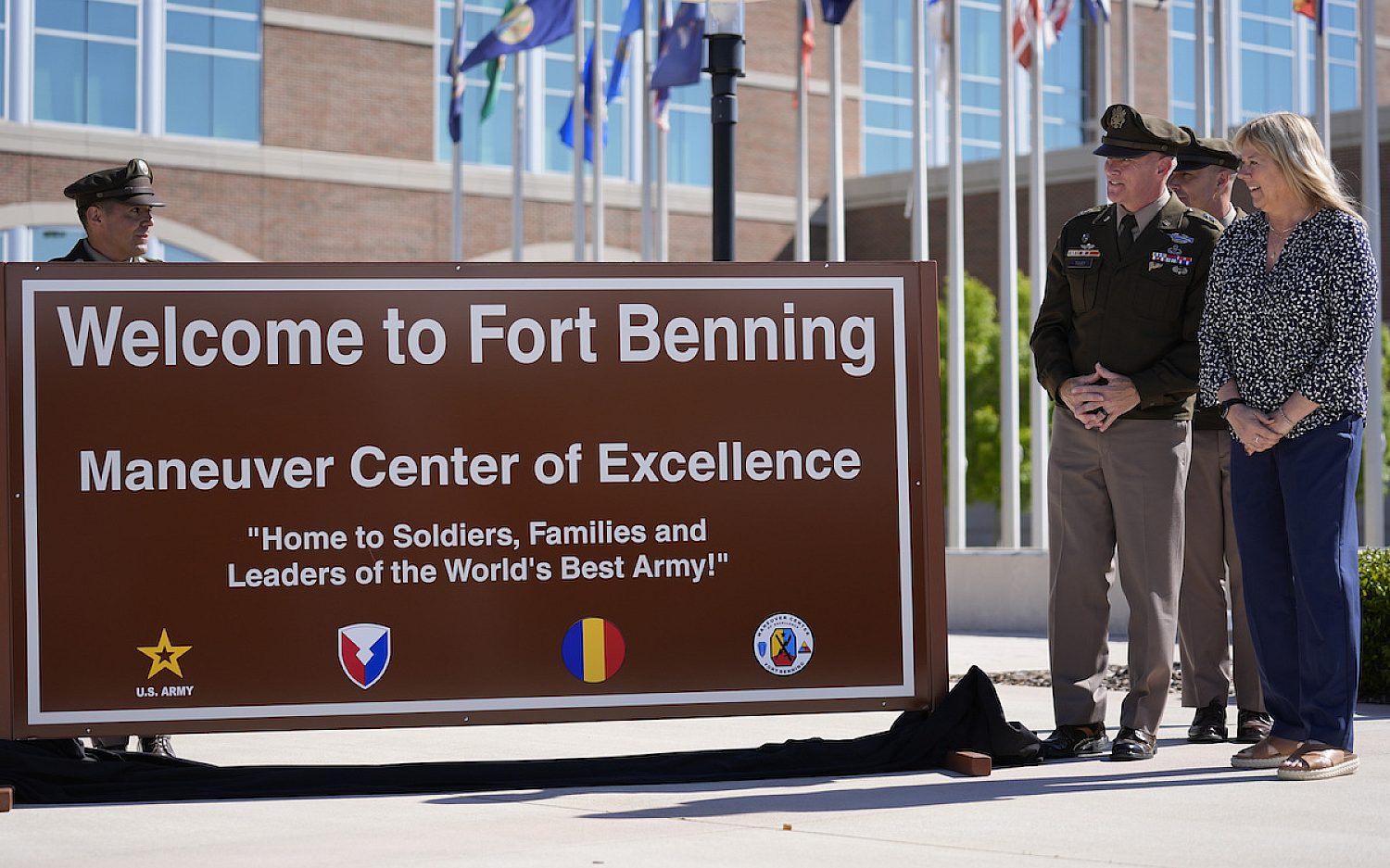Eritrean troops continue to kill civilians in neighboring Ethiopia’s Tigray region. The two main warring parties signed a peace deal just weeks ago. However, Eritrea wasn’t part of that agreement. Its forces remain in the region.
The Tigray War officially lasted from November 2020-November 2022. People from the northern Tigray region of Ethiopia long held power in the country. But Ethiopian Prime Minister Abiy Ahmed’s appointment in 2018 changed that. Tigray leaders rebelled. The two sides—which have ethnic and political differences—struggled for control.
The war has been mostly fought in Ethiopia’s Tigray Region. On one side were Ethiopia’s government and the country of Eritrea. On the other side was the Tigray People’s Liberation Front, the former ruling party of Ethiopia.
Last month, Ethiopia and the Tigrayan rebel forces reached an agreement. Both sides signed a “permanent cessation of hostilities.” That was supposed to end the civil war.
But as in Jeremiah’s warning, the two sides seem to be crying “‘peace, peace,’ when there is no peace.” (Jeremiah 6:14)
That’s because Ethiopia’s neighbor Eritrea wasn’t included in the talks. The country’s forces fought alongside the Ethiopian military in the two-year conflict. Reports say Eritrean soldiers participated in 39 kidnappings or disappearances of civilians and “widespread looting.” About 241 houses were destroyed. Soldiers also killed and injured civilians.
Eritrea’s abuses threaten to harm the newly signed peace agreement. (Read Ethiopia Reaches Peace Deal.)
The agreement called for Tigray’s forces to disarm within 30 days. But now the leaders say Eritrea’s military must leave first. Only then will Tigray hand over its heavy weapons.
Olusegun Obasanjo is an African Union mediator. He brokered the peace deal. Last week, he called on “foreign troops” (meaning Eritrean troops) to leave Tigray.
Meanwhile, ordinary citizens suffer. Desperately needed aid began to reach Tigray since the deal was signed. But some aid workers claim that Eritrean soldiers block supply convoys. Reports say workers can access only 54 of the 104 camps for displaced people in Tigray.
Still, some observers remain hopeful that the peace deal will go forward.
Last Thursday, United Nations Secretary-General Antonio Guterres reported that more people have died in the Tigray conflict than in the war in Ukraine. He describes the peace deal as an “an opportunity that Ethiopia cannot miss, that Africa cannot miss, and that the world cannot miss.”
(A woman holds a national flag at a ceremony to remember soldiers who died in the Tigray conflict, in Addis Ababa, Ethiopia, on November 3, 2022. AP)
















